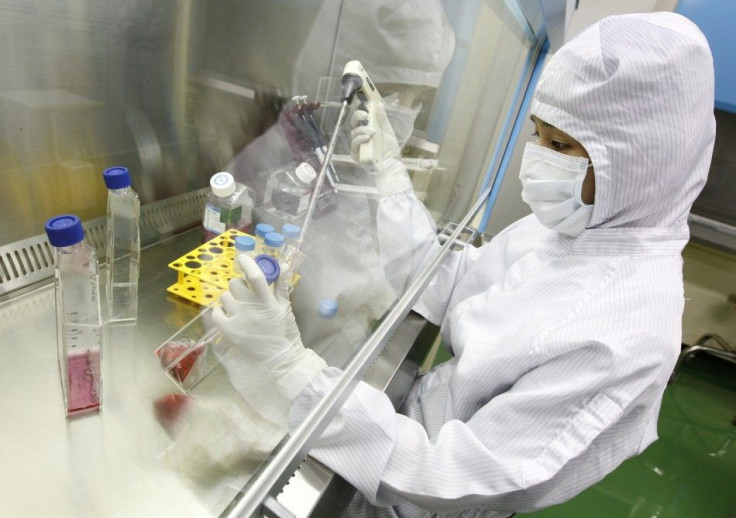Fertility Restored in Mice, Are Humans Next?

A group of scientists in Japan has been able to restore fertility in infertile mice, the Wall Street Journal reported.
The scientists took early sperm cells, which were made from embryonic cells, and implanted them in infertile mice. The resulting sperm enabled the mice to father pups that were not only healthy, but also fertile. This is the first time that laboratory-created sperm has successfully created healthy animals.
Mitinori Saitou, the team leader, reported that "the mouse babies are just fine and they've had normal, fertile babies of their own."
The team of scientists believes this research will help to understand infertility in humans.
The process cannot be replicated for infertile men because adults do not have embryonic stem cells. A possible way to get around this- and to avoid controversy with stem cell research-haters- might be to take mature cells from a different part of the body and make those into sperm.
The scientists were able to do just that with the mice.
While the experiment is a huge accomplishment in fertility research, Saitou warns that humans will not directly benefit from it any time soon.
"We have a long way to go before it can be applied in humans," Saitou told the WSJ.
The results of the study were published in the scientific journal Cell.
© Copyright IBTimes 2024. All rights reserved.





















